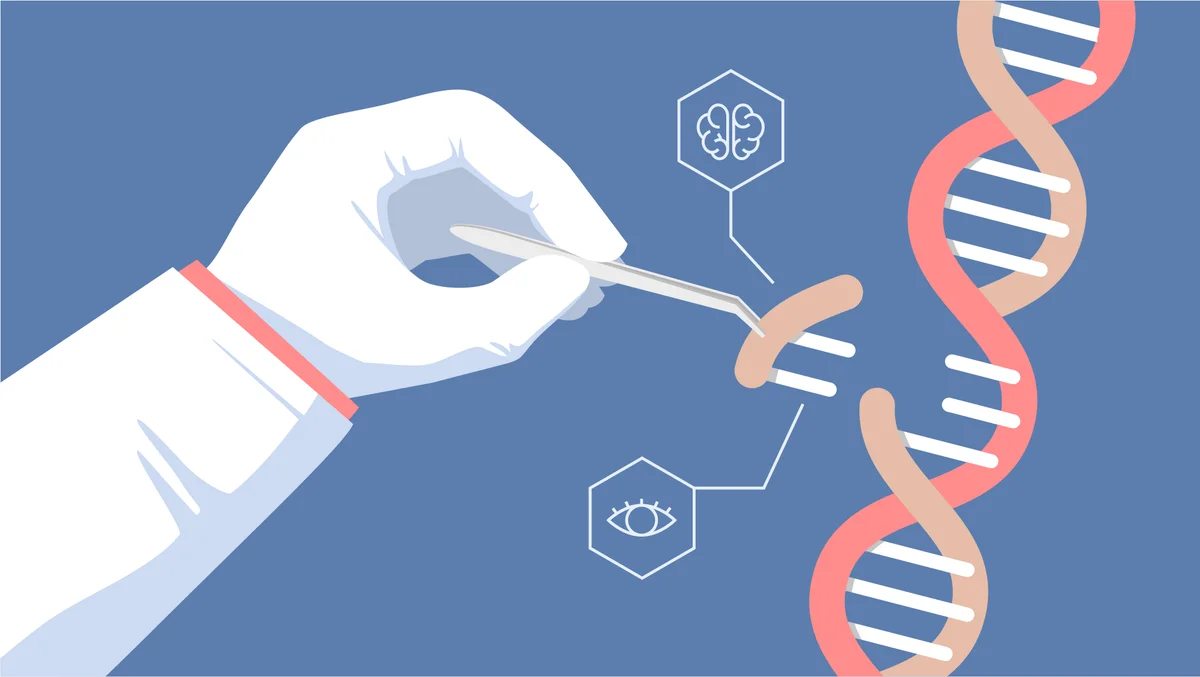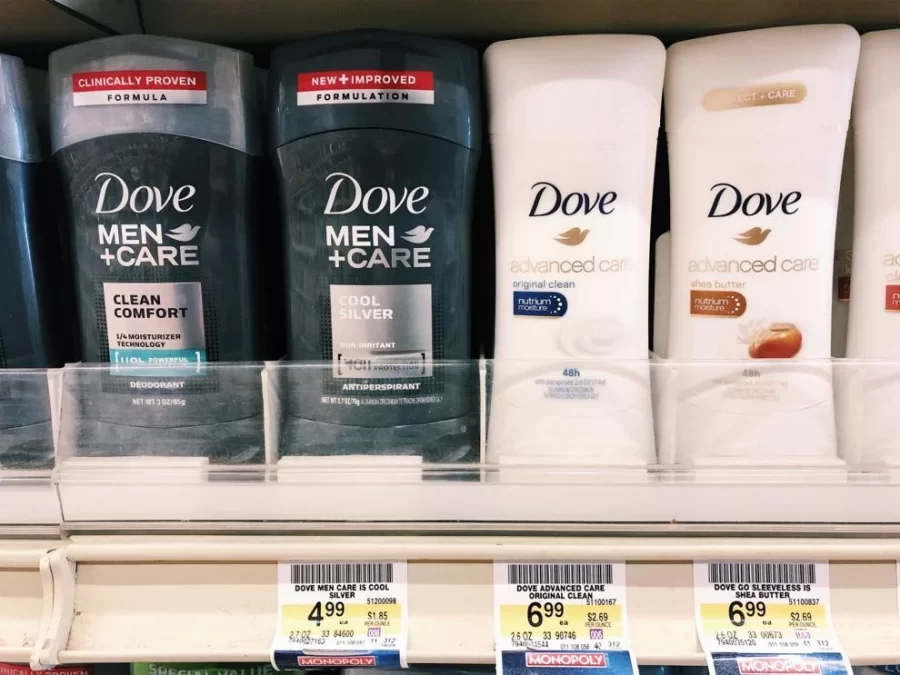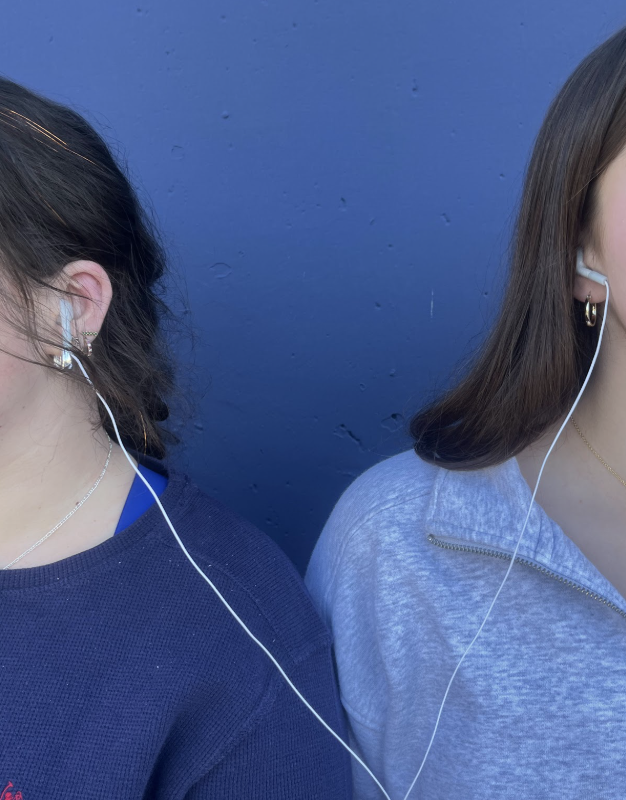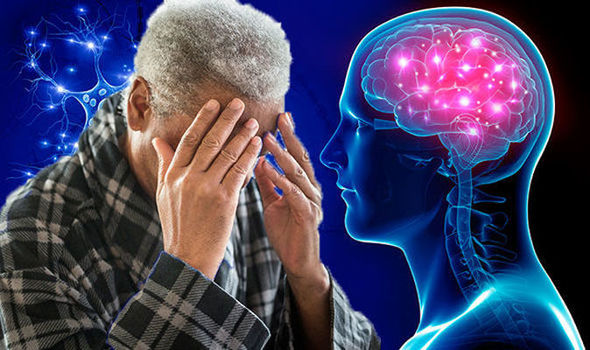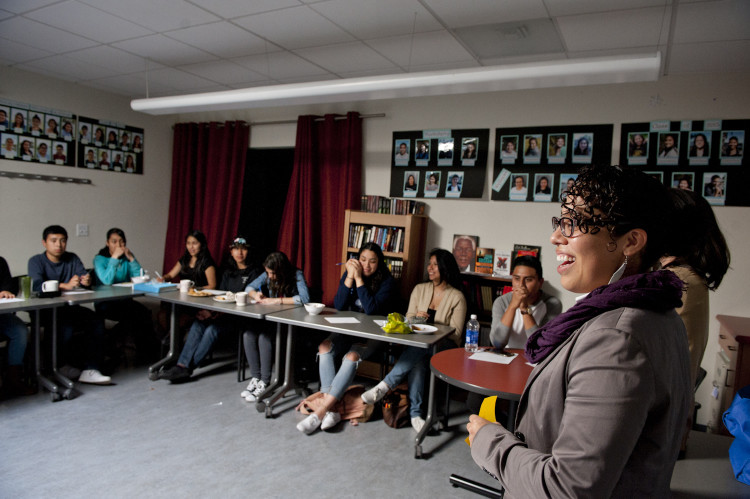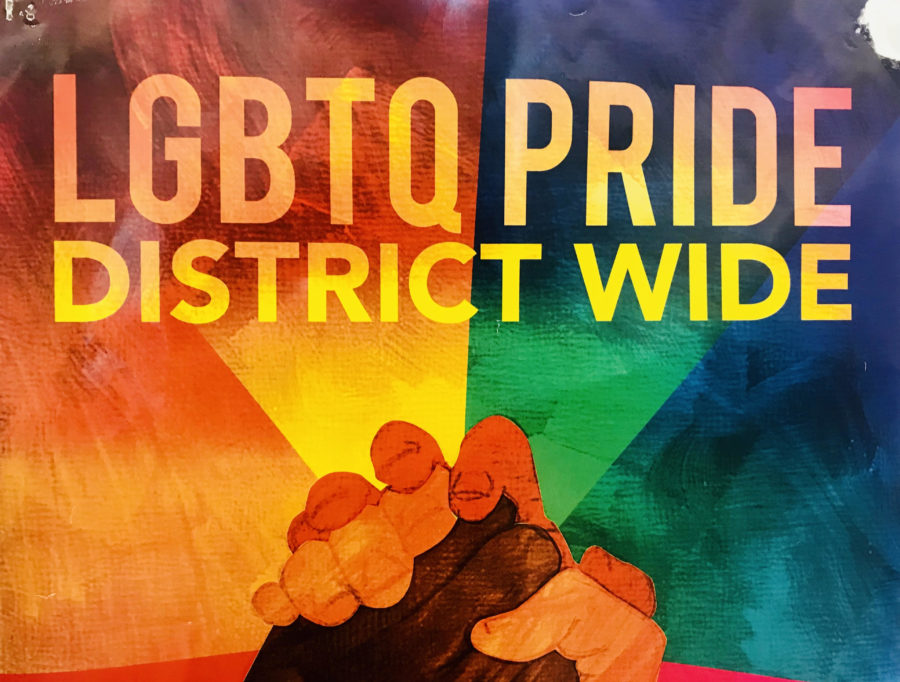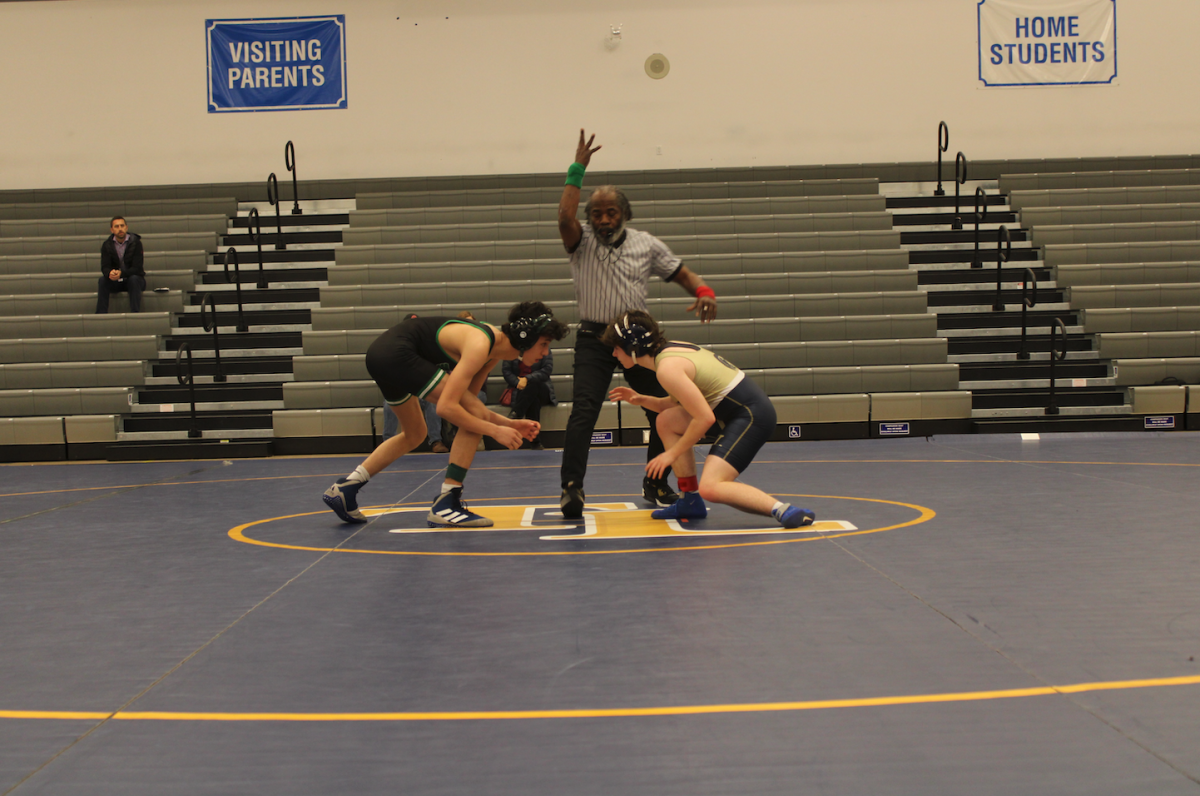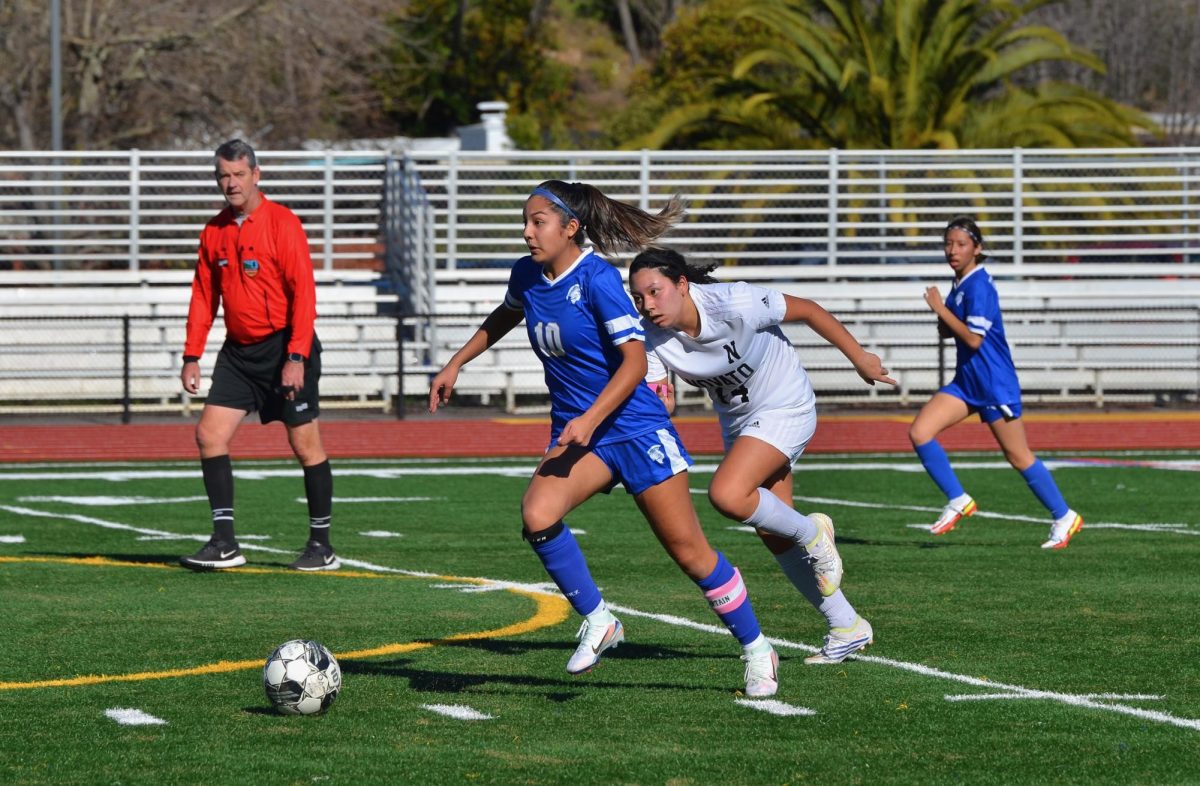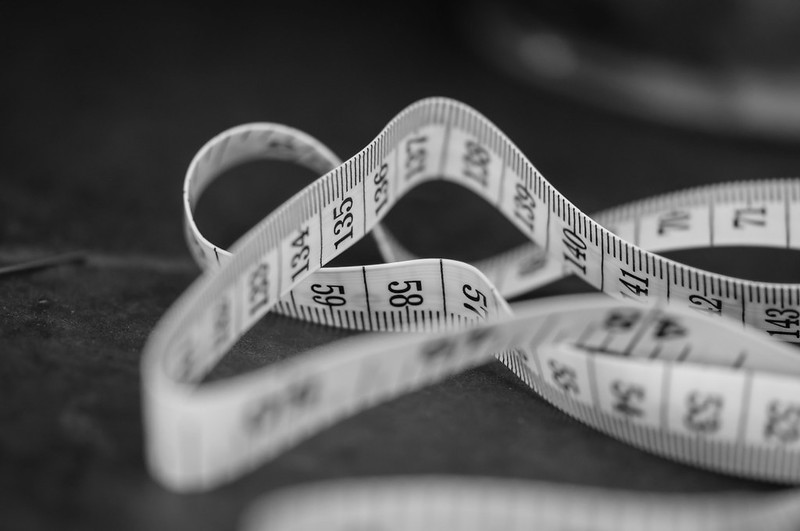Eating Disorders Amongst Young Teens
December 12, 2022
It’s a common misconception that eating disorders are only linked to food restriction or inactivity. Food-related disorders come in many forms, and many individuals, especially teenagers, struggle with them. An eating disorder can seriously impair social and psychological functions as well as daily activities like sports and physical activity. The most common eating disorders are anorexia, bulimia, and binge eating disorder, affecting a majority of teens.
An article in the American Psychiatric Association (APA) claims that up to 5% of people experience eating disorders and many of these illnesses begin to appear in childhood. 1.5% of males and 3.8% of women equally experience some form of an eating disorder. Eating disorders are frequently linked to food, body image, excessive exercise, anxiety related to overeating, and binge eating until you pass out. The same APA article provides additional proof that some eating disorders can be inherited. ”Evidence indicates that genes and heredity may contribute to some people’s higher risk of developing an eating problem, although eating disorders can also affect people who have no family history of them.”
Teenagers have been exposed to numerous photos of “ideal” individuals thanks to modern technology which gives them an inaccurate idea of what they think they should look like. When one thought arises, many more follow, and the toxic cycle of comparison begins. “Gymtok”, or the “gym side of TikTok,” is another controversial topic we face in today’s society. Many content creators, across genders, promote misinformation about how to get the ideal gym physique. When these videos appear on readers’ pages, they begin to feel inferior since they don’t resemble a particular person, which can create major body and eating issues.
Eating disorders are commonly talked about in a feminine context, although men suffer from these issues as well. Sophomore Camden Franjieh says, “I think men get less attention mainly because eating disorders are more common among women…I believe men and women are both equally insecure about their body image and women express it more often while men usually hold it in. This is probably why you hear more about women having eating disorders.” Franjieh addressed how sports interconnect with these disorders. “Some people may work out a lot and exercise a lot and still not lose weight because of an eating disorder and this can be hard on them because they feel like they are working hard but they aren’t seeing results when it comes to their sport which can as well impact their mental health.”
Juliana Pommier, a junior, had an eating disorder and shares that it’s not something that can be fixed overnight. “I can recall that getting called ‘fat’ and receiving stares as a child, as well as being in quarantine, which altered my perspective on everything surrounding food was something that spiked my eating issue.” The words people say to us in front of us or even behind our backs have a significant impact on how we view ourselves, which is something that many people in our generation aren’t unaware of.
Senior Luca Garvey Miller has been very passionate about working out and staying in shape for the longest time, especially since his family is also quite involved in the fitness community with his dad being a serious biker and his mom a CrossFit trainer. He has spent the last four years participating in both the XC and the wrestling teams, which he recently quit. “I quit mainly because I didn’t want to cut anymore,” shares Garvey Miller. Cutting is simply following a strict eating plan to reduce your body fat percentage. Your muscle mass is more apparent as a result. The difference between a regular diet and a cutting diet is that a regular diet frequently results in muscle loss. Cutting when you might not necessarily want to can be very challenging for many people.
Sometimes it can be a lot for young kids, they need a break from the strict diets, workouts, and being at the gym 24/7. “Wrestling in the past has caused me and lots of others in the community to skip meals and eat less due to the weight classes but I wouldn’t call it body dysmorphia because it isn’t to look better rather than get the number on the scale.” When it comes to the difficulties of eating especially, you can never truly know what people are feeling. Be mindful of the things we say around people who exhibit signs such as refraining from triggering words. You are not alone, and there is still time to call out and get the support you need whether you know someone who is battling with an eating problem or is experiencing one yourself.




